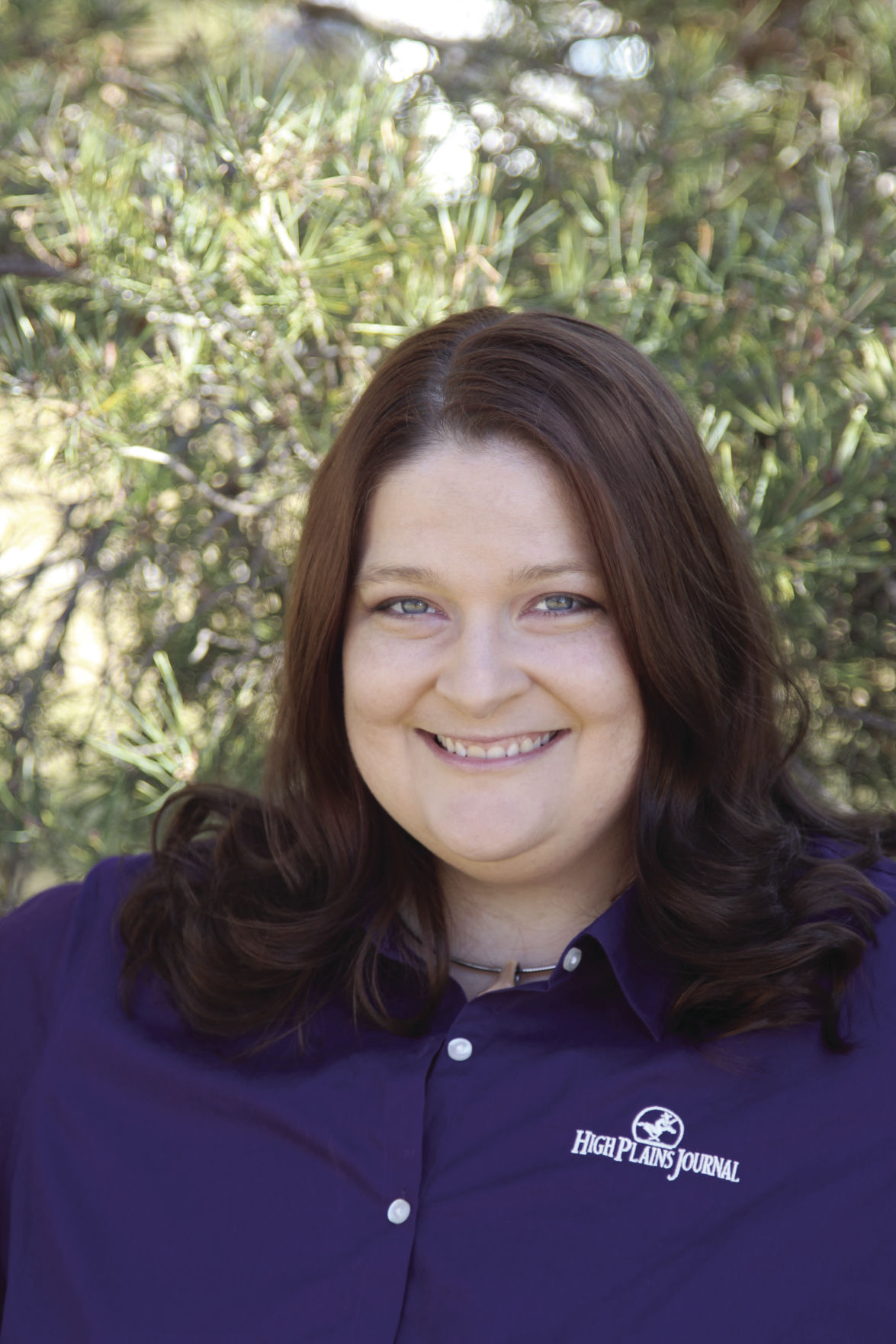I am by no means bilingual in any one foreign language, but I know enough of a few to get by in a foreign land. But of any of the foreign languages I do speak, maybe the handiest of them all is “consumer.”
Since leaving home at 18, I’ve lived, studied and worked in the city. I moved to Manhattan, Kansas, for college for four years and had my first taste of city life. A life of supper served promptly at 5 p.m. and called “dinner” and navigating traffic circles in commuter traffic at 5 p.m. Then I moved to Dodge City, Kansas, where my neighbors may work in the agriculture industry, but they come home to city living every night.
I don’t live on a farmstead 20 minutes from town. It’s been 25 years since I’ve done farm chores, raked hay or had a hand in anything remotely close to actively farming. But I can still speak “farmer.” That is my job for High Plains Journal after all.
Like many my age, I’m bilingual in this fashion. We work in agricultural jobs to help the 2% of Americans who are our friends and are producers, but we live in the city amongst the 98% who are consumers.
And our city consumer neighbors have different concerns and questions when it comes to how their food, fiber and fuel is produced. They use terms like “sustainability” and “regenerative agriculture” at our backyard cookouts. They worry about “climate change” and “locally sourced” when they’re packing their children’s lunches.
This is their language.
This is how you get stories on a major television network legacy news show like “60 Minutes” that are so incredibly biased in their reporting on animal agriculture. Someone on a production team heard a phrase like “antibiotic resistance” and decided to spin it into a piece that would gin up controversy and clicks.
This is how you get Hollywood influencers to tout a vegan awards banquet in the name of saving the Earth from gassy cows. Because someone in a position of authority thought it would be a marketing gold mine to use this high profile platform to promote their biased point of view.
Now, you may not want to speak that language, and that is your right. But the first rule of effective communication is attempting to understand where the other party comes from and how you might meet in a middle ground. That middle ground is where the hearts and minds can change with effective education.
Seems to me, if the consumers are speaking this language, it might behoove us to learn a few phrases or two, even if we don’t speak it every day. This way, we can better hold those conversations with consumers who just want to know that the food they’re feeding their families is safe and their choices aren’t adversely affecting the environment. If we can speak their language, we may be able to better translate exactly what we are doing on the land and how conservation tillage actually is “regenerative,” or how choosing genetically modified crop varieties is “sustainable” for your family farm and local community, or how you raise livestock in a “responsibly ethical” manner.
Jennifer M. Latzke can be reached at 620-227-1807 or [email protected].

